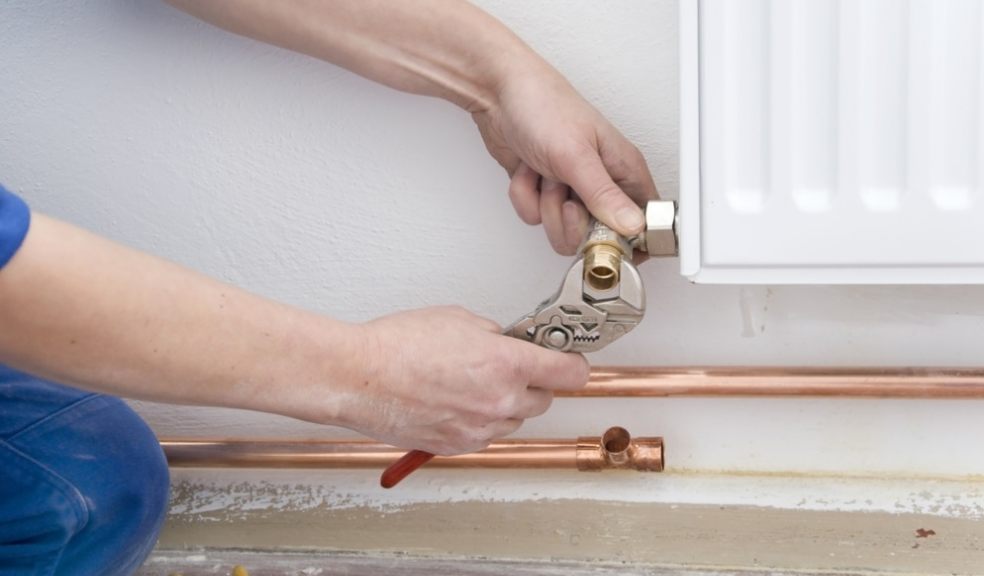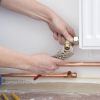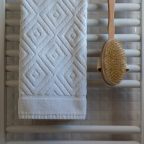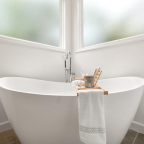
Looking after your property during Coronavirus
During the lockdown, blocked drains are one of the most common potential problems, according to the property maintenance experts at Aspect.co.uk.
You may also face issues with your plumbing and heating system as a result of increased use.
Thankfully, you can fix some of these issues yourself. Others, however, will need investigation by a local qualified plumbing or heating engineer.
How to Fix the Most Common DIY Problems During the Lockdown
Saving Water. If you’re a key worker, you’re likely to use more water than usual due to the increased use in showers. If you want to reduce the amount of water you’re using each day, there are some simple ways to do this. Consider placing a plastic bottle filled with sand, pebbles and water in your toilet cistern. This can save as much as five gallons of water each day. Additionally, try and reduce the amount of time spent in the shower, and only operate appliances like washing machines or dishwashers when you have a full load.
Unblocking Drains. Many people who have been furloughed and are based at home may be bored and spend more time in their kitchen. With this, blockages can occur in drains due to grease and debris falling down sinks. There are a couple of things you can attempt to clear a blocked sink. Boiling water can sometimes dissolve the blockage, while vinegar and baking soda can blast it away. If these don’t work, a plunger is a good alternative and failing that, a drain snake from a DIY store. If your sink remains blocked, it’s time to call in a plumber or drainage person to investigate and fix.
Replacing Pipework. It is unlikely your pipework will become damaged during the lockdown. Nevertheless, a spot of DIY can soon turn into a nail through a pipe! To replace pipework, turn off your water and heating, then clean the new pipe. Mark the length you need and cut it using a self-cutting pipe cutter. Connect the pipework using the appropriate connectors and inserts, making sure the ends are clean as you go. If you’re unsure, we recommend leaving this to a professional, as you want to avoid further leaks rather than create them.
Replacing Radiators. Once more, this is probably a task you’ll want to complete after lockdown, but if you need to do it straight away, it’s not too difficult. Firstly, turn the heating off and turn off the valve at each end of the radiator. Catch stray water at each end using a tray and use a spanner to loosen the nuts at each end. Open the top bleed valve and empty, mopping up spillage as you go. Remove the radiator from it’s brackets and tilt to drain excess water. Once you’ve plugged each end of the radiator using old rags, fit new brackets to the wall, then attach the new radiator. Once the bleed valve has been closed, reconnect all pipework and valves, then switch the water back on.
Cleaning a Chimney. If you’re using your coal or wood fireplace to warm your home during the lockdown, you’ll need to make sure the chimney is clean. Sometimes, soot can accumulate, narrowing the chimney and reducing flow which can be dangerous. If you’re up to the task of cleaning your chimney, which can be messy work, be sure to wear safety goggles and a mask. Empty the room and roll back the carpet as far as possible, then cover the entire fire with a sheet, including the opening. Push the brush inside the flue above the opening. Continue to add canes to the brush until you eventually reach the top of the chimney. Just be sure at this point not to push the cowl off!
Keeping Your Home in Great Condition During the Lockdown
Certain home maintenance tasks during the lockdown are essential. If you can’t tackle them yourself, you’ll need to call a local tradesperson. After all, a blocked drain or burst pipe can cause serious damage to your home.
For non-essential jobs, wait until lockdown has been lifted.

















